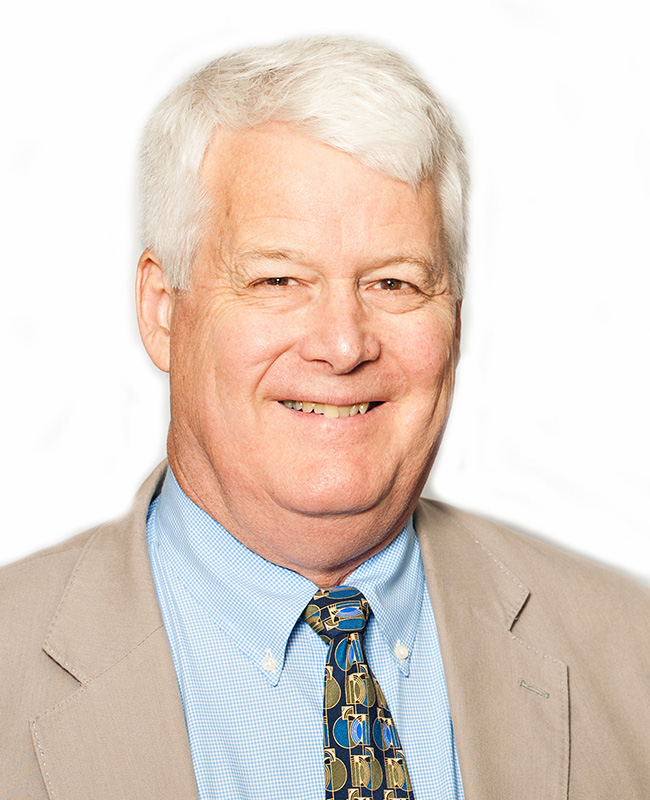The maxim that the world has gotten smaller is clichéd, but true. As a result, the reach of international law has greatly expanded in modern law practice in the United States. It used to be the case that only lawyers in New York City, Los Angeles, San Francisco, or Chicago could reasonably expect to work on an international transaction. Now, lawyers in Raleigh, Charlotte, Atlanta, Miami, and many other cities, including Winston-Salem, can also legitimately expect to find themselves frequently addressing international legal questions.
This has come about, in large measure, because of events in the economic and political spheres that have driven the development of national laws with an international impact and an increasing number of international laws themselves. The world has opened to international practice—not only because of the global pandemic—but also due to a consensus over the merits of capitalism and the end of repressive regimes in the former Soviet Union and Eastern Europe. Many Latin American and Asian nations, especially Brazil and China, have also opened their economies to private participation. Aiding this general development toward openness are multilateral trade regimes, such as the World Trade Organization, the European Union, and NAFTA. The result of these developments has been the creation of an astounding array of new opportunities for the practice of law in an international context.
Most opportunities for international practice arise in the commercial context. Companies and individuals engage in cross-border transactions and, reluctantly, cross-border litigation. As a result, students should take foundational courses in transactional and civil litigation practice, as well as study areas in which they may want to subspecialize. Moreover, aspiring international lawyers will need to understand the context and background of international and foreign law. Students consequently may find Wake Forest Law School’s study abroad and exchange programs particularly helpful in jump-starting their international law careers. Additionally, students may have the option to take a semester-in-practice externship package of 13 credits while externing internationally at firms, agencies, and other legal organizations.
Courses
Courses designated as "primary" are foundational, while those listed as "secondary" contain relevant and related content. "Co-curricular" courses are credit-bearing extra-curricular activities, while "experiential" courses are practice-based offerings. Please keep in mind that the focus of any course will vary depending on the instructor.
Primary Courses
Secondary Courses
Experiential Courses
Co-Curricular Activities
Faculty
The following faculty are knowledgeable about the topic and may be a useful resource for you.

Henry C. Lauerman Professor of International Law

Professor of Law


